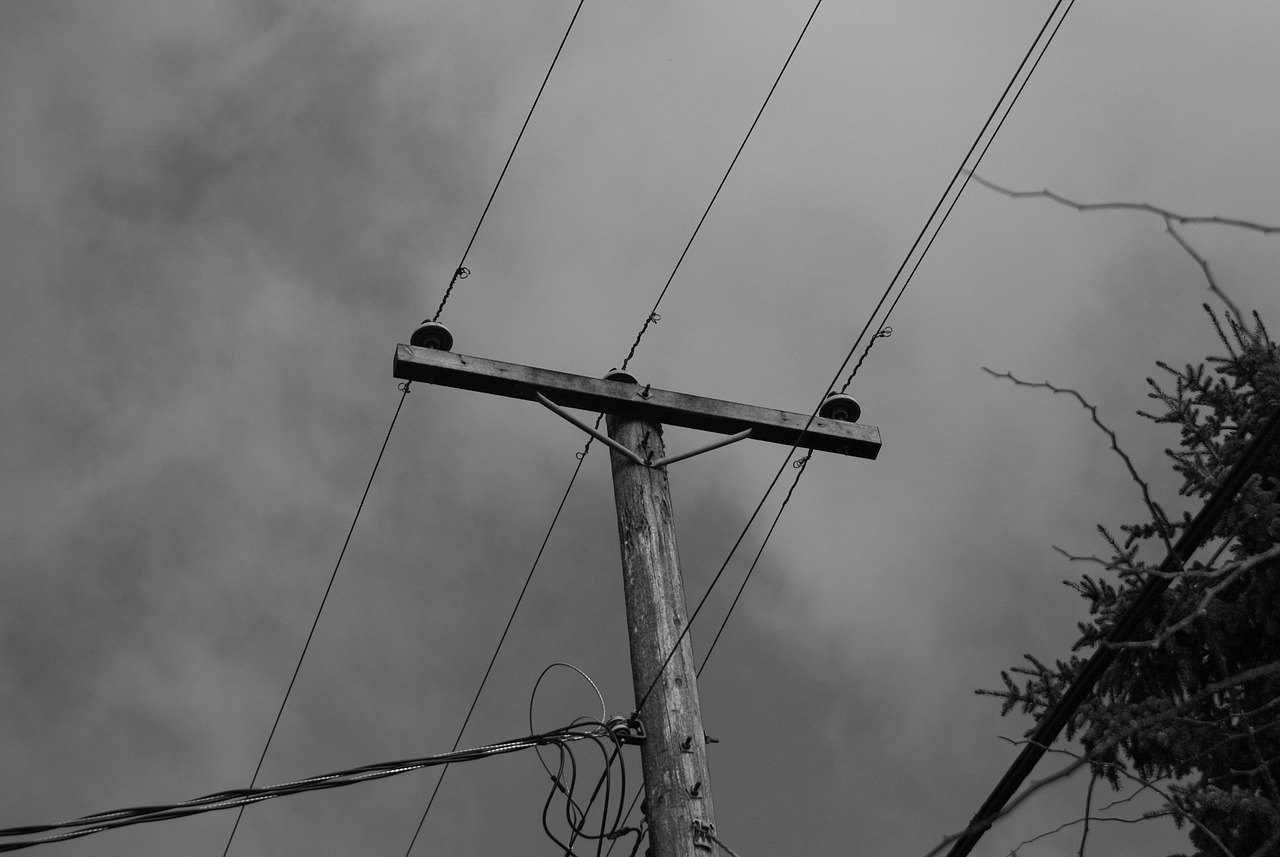When copper lines are silenced: Protecting your connection to what matters most

FCC Commissioner Olivia Trusty recently raised the alarm on a growing threat in communications that is affecting many American homes: copper theft.
Entire neighborhoods can lose service when copper phone lines are stolen or damaged, resulting in wider, critical problems. Trusty outlined recent examples in her speech at the Telecom Industry Summit. She said in Washington state, vandals had severed fiber cables, cutting off 911 service to thousands of people for hours. Trusty also said that in Colorado, severed cables cut service to a radio repeater tower that impaired the ability of crews to fight wildfires.
While we often take vital communication infrastructure for granted, this is a reminder that these legacy systems aren’t as reliable as we assume.
The hidden risk of traditional landlines
Traditional analog home phones rely on copper wiring that runs along telephone poles and underground networks. Those wires have become targets for theft because copper has resale value. Replacing or repairing them can take hours or even days, diverting resources away from expansion or upgrades.
More importantly, that means a simple act of vandalism can leave families, seniors, or anyone depending on landline service unable to:
- Call 911 in an emergency
- Reach loved ones
- Get updates during power outages or weather events
For people who live alone, or for families caring for aging relatives, that uncertainty can be deeply unsettling.
A more reliable connection through the internet
Modern home phone services, like VoIP (Voice over Internet Protocol), work differently. Instead of sending calls through copper wires, they use your existing internet connection to transmit your voice digitally.
This technology removes your dependence on physical copper lines — the same lines increasingly at risk from theft or decay.
With a system like Ooma Telo, your home phone connects through your broadband network, giving you:
- Dependable access to emergency services, even if copper lines are cut
- Clear, consistent call quality, without static or line noise
- The comfort of knowing your connection isn’t tied to aging infrastructure
For many, the greatest benefit isn’t just convenience — it’s peace of mind.
Making the move is easier than you think
Switching from a traditional analog landline to a VoIP system is surprisingly simple and doesn’t require having to learn about a new technology. Devices like Ooma Telo are plug-and-play — just connect it to your internet router and plug in your landline phone and you’re good to go. It just takes a few minutes!
You can even keep your existing phone number, so you won’t have to worry about handing out a new number to the VIPs in your life. Friends, families and doctors can reach you just like before, and they may even wonder why you sound better. That’s thanks to a reliable digital connection. Making calls works just like before too: you’ll hear a dial tone and still do all the same things to make a phone call. For many households, it’s one of the easiest home upgrades they’ve ever made.
Staying connected, no matter the circumstance
Life doesn’t always go as planned. A storm can knock out power, a technician can accidentally sever a line, or — as we’re now seeing — copper theft can leave entire towns in silence.
By using your internet connection instead of legacy phone lines, VoIP keeps you connected to what matters most: family, friends, and emergency help.
It’s also adaptable — it works with the phones you already have, it’s flexible enough to keep your number and routine exactly the same, and it’s technology forward enough for you to do cool things like answer home calls on your mobile phone.
To truly be prepared for anything, there’s Ooma Telo LTE with Battery Backup, which can fall back on an LTE connection in the event your internet is compromised. Alongside a battery backup that steps up when the power is out, you’ll be ready no matter the situation.
Keeping communication simple and secure
As Commissioner Trusty said, “When 911 callers hear nothing but silence, that is not mischief — that’s a direct attack on the lifeblood of our daily life.”
Staying connected is about more than technology — it’s about security and peace of mind. You shouldn’t have to wonder if your phone will work in an emergency. Moving to a digital phone system like Ooma Telo is one way families can take control, ensuring their home phone will keep working even when copper lines don’t. Then you can focus on what really matters: staying connected to the people and services that keep you safe and sound.



